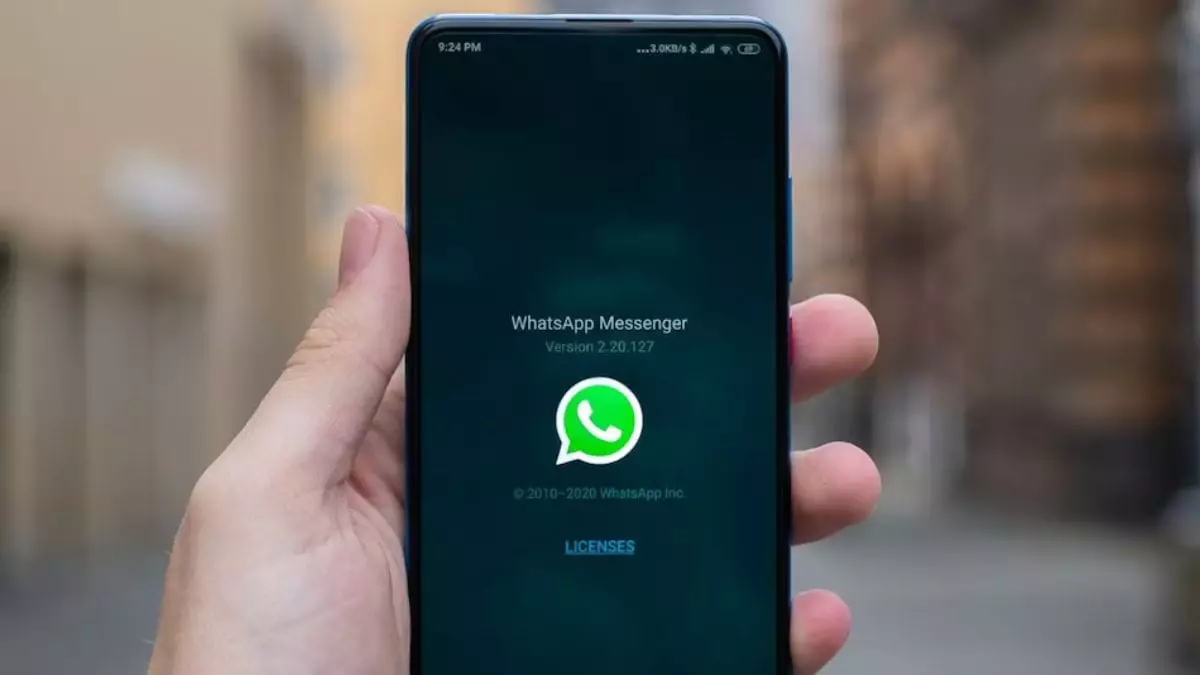WhatsApp, a leading messaging platform owned by Meta, is reportedly venturing into the realm of artificial intelligence by developing a feature that allows users to create customized AI characters. This innovation aims to enhance user interactivity within the app, following in the footsteps of similar features in Meta’s other applications like Instagram and Messenger. The insights provided by WABetaInfo indicate that the feature is still in the pipeline, with significant opportunities for personalization that could transform user engagement.
The core attraction of this new feature lies in its ability to offer tailored experiences. Users will not only be able to generate AI characters but will also define various personality traits and areas of focus through text prompts. This could lead to an unprecedented level of personalization in chatbot interactions, making conversations more engaging and relevant. The proposed method allows users to detail up to 1,000 characters when describing their virtual companions, thus inviting creativity and individual expression. Additionally, WhatsApp plans to facilitate the creation process by incorporating description suggestions, potentially helping users to overcome initial creativity blocks.
One of the standout features that will likely accompany this new function is the ability to generate a profile picture and bio for the AI characters. Visual engagement is crucial in modern communication, and providing users the tools to create appealing avatars can enhance the overall interaction experience. Such visual elements could foster a greater emotional connection between users and their AI counterparts, encouraging the exploration of various persona representations. Furthermore, the addition of a dedicated tab for AI characters could streamline the user experience, creating an organized hub for both personal creations and a catalogue of public AI chatbots.
The forthcoming AI character creation tool appears to be akin to Meta’s AI Studio featured on Instagram and Messenger. Drawing parallels between these functionalities obliges us to consider the underlying technology and the anticipated user interface. The multi-step process hinted at in screenshots suggests that once users complete the initial step of defining traits, they will smoothly transition into image generation and privacy setting configurations. Such intricacies in the setup phase highlight WhatsApp’s commitment to ensure that users have a seamless and intuitive experience right from character conception to deployment.
While the immediate benefits revolve around personalization and engagement, it’s worth discussing the broader implications of AI integration in messaging apps. This move not only solidifies WhatsApp’s competitive edge within the messaging realm but also signifies a trend towards AI becoming an integral aspect of online communication. However, questions remain about interoperability; it is currently unclear whether creations on WhatsApp will extend to other Meta applications. This ambiguity raises discussions around user control and privacy, a critical concern as more interactive AI technologies emerge.
WhatsApp’s endeavor to integrate personalized AI characters could revolutionize user interaction, signaling a shift in how individuals engage with digital communication. As the app continues to evolve, it will be crucial for WhatsApp to address potential challenges while harnessing the vast prospects of AI. The journey towards dynamic conversational agents is just beginning, and the implications of this technology are undoubtedly expansive.

